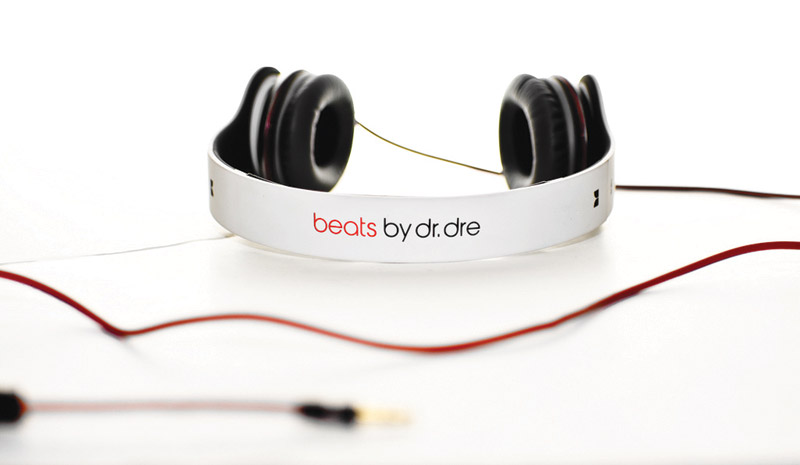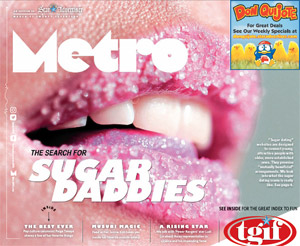Not Feeling The Beats
I’m probably late to the party, but Beats sound terrible.
My boss and I were at the Apple Store to buy some speakers for an office barbecue. We didn’t have much time, and pressed for a quick decision, we opted for a pair of Beats Pill speakers.
We hadn’t done much research beforehand, and there wasn’t time to read reviews online, as we needed to get back to the office for the party. The sleek packaging and premium unboxing experience made us feel so good about our purchase. Once we plugged them in, however, the excitement darted out the door. One speaker didn’t work unless plugged in to the power outlet. The speaker that functioned normally sounded appalling. Even at a low volume, it croaked and cackled. I was embarrassed we were going to use these at our party.
I returned them to Apple the next day. Now that I had more time to research a better alternative, the general consensus from critics is Beats isn’t the leader in sound that it claims to be.
However, Beats is very much the top seller of premium headphones: It owns nearly 70 percent of the market. That massive number is due to the company’s marketing genius, not sound quality. Celebrity endorsements have been extremely important to the brand’s success. And we know it’s worked because we all know what Beats is. But what about AudioTechnica, BeyerDynamic or Audeze? These companies put less money into advertising and more into research and development, manufacturing and materials.
Apple bought Beats for $3 billion in early 2014. While that’s only a tiny fraction of Apple’s capital (it has more cash on hand than the U.S. government), it made Dr. Dre the richest man in hip-hop. But what made this discovery process more frustrating was Tim Cook’s statement on the acquisition: “Music is such an important part of all of our lives,” the CEO said. “(It) holds a special place within our hearts at Apple.”
I agree, music is important in our lives. But when brands seek to become more important than the music, they undermine the reason why music exists to begin with: as creative, inspired expression of the human experience.
Music journalist Ted Giola shares this sentiment in his column for The Daily Beast: “Music, in particular, gets treated as one more lifestyle accessory, no different from a stylish smartphone or pair of running shoes.”
Who’s at fault? Ted argues it’s the record companies: “If the creative side of the business made the right moves (and broke away from tired pop formulas), consumers might just decide that their first allegiance is to the music, not the fancy device that plays it.”
Which leads me to conclude: I can stand by a brand that stands by the music, but not one that gets in the way of it.
For more from Roger, check out his blog at alohagotsoul.com.


